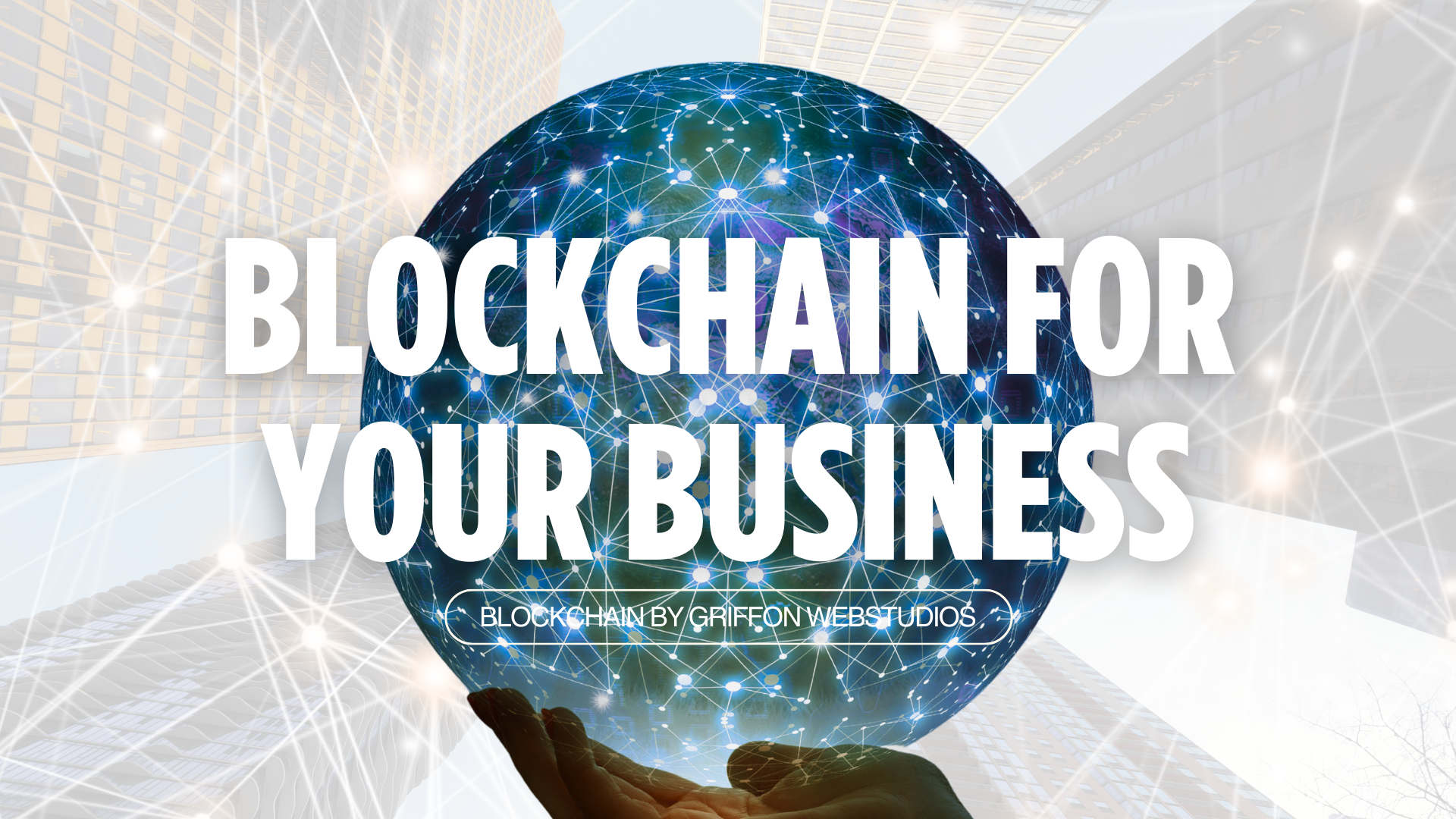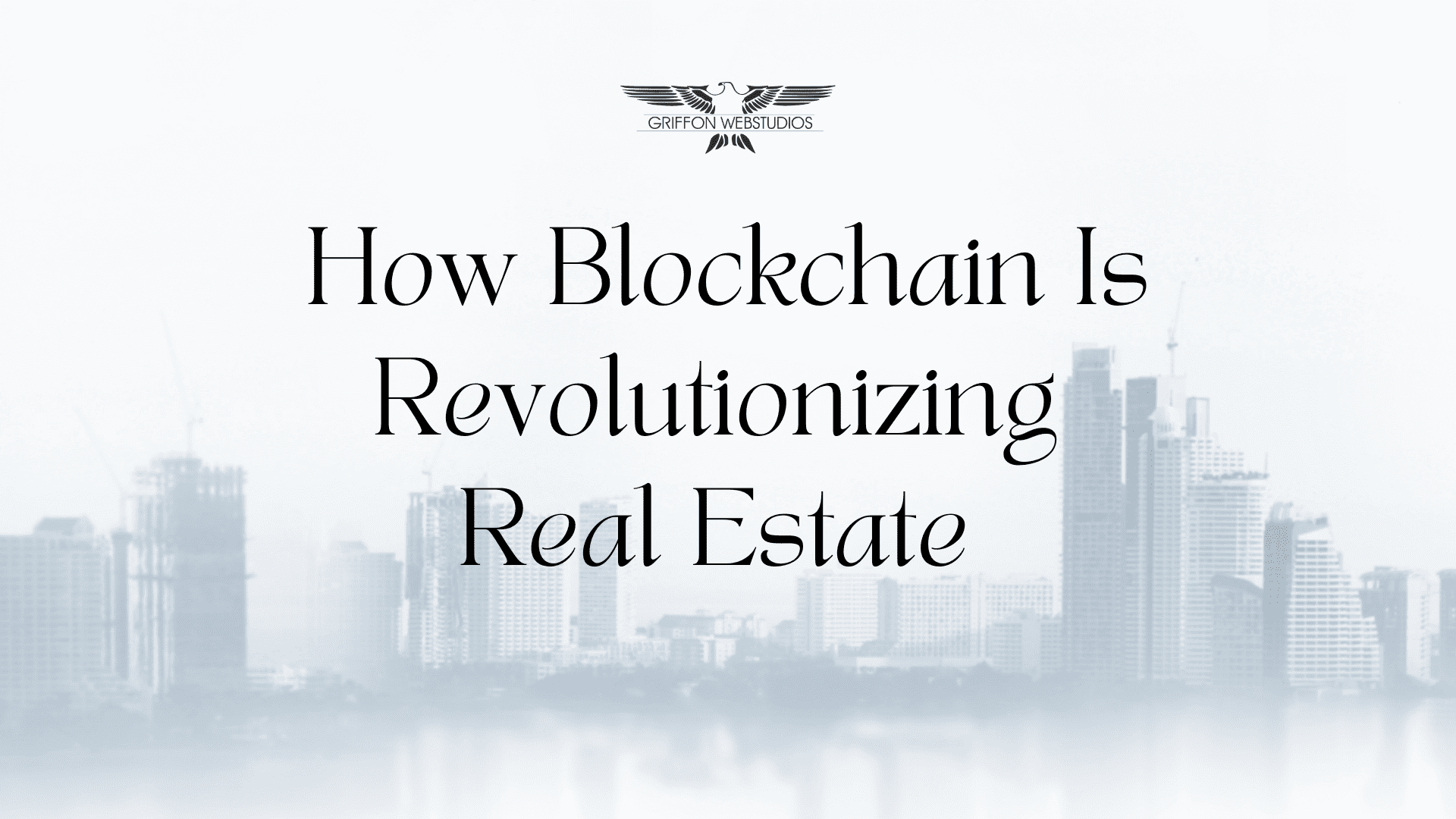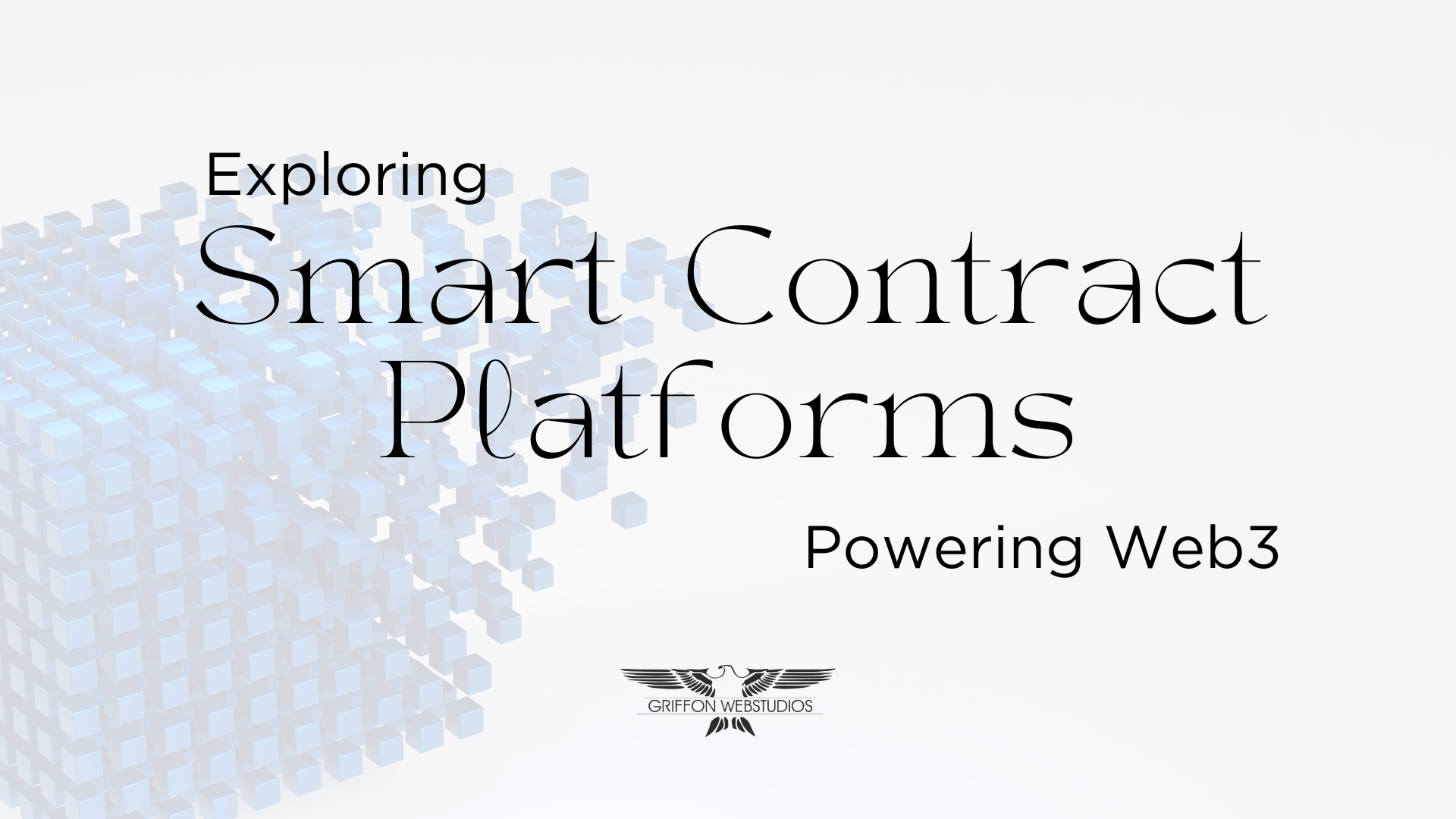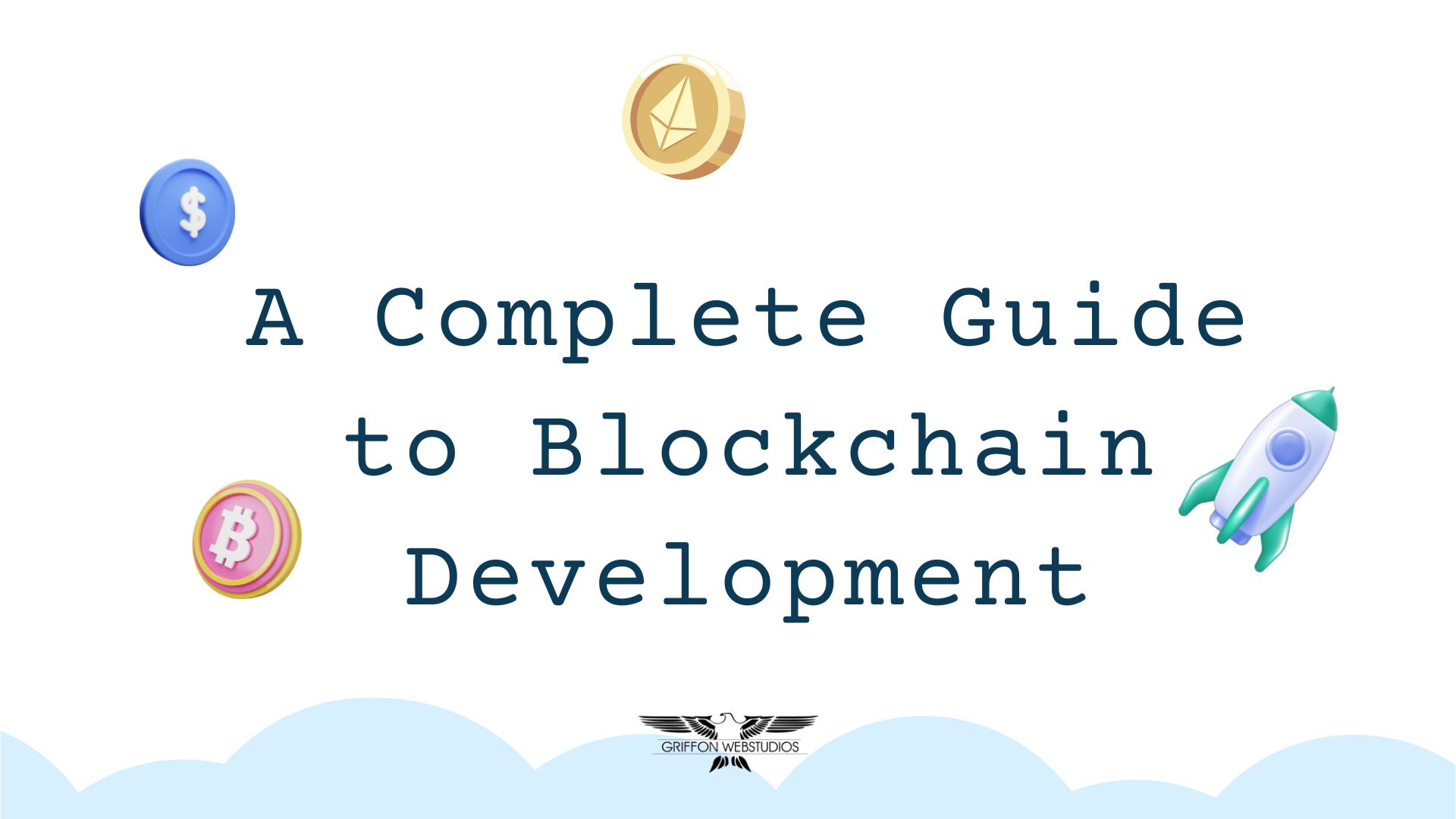Let’s be honest! Blockchain has a complexity problem. The potential is massive, but most businesses don’t have the time, team, or technical appetite to spin up custom chains, manage nodes, or audit smart contracts line by line.
This article unpacks how BaaS is quietly changing the adoption curve, making blockchain less of a tech experiment and more of a practical, plug-and-play solution for businesses that want results without reinventing their stack.
What Is Blockchain as a Service (BaaS)?
Blockchain has moved beyond crypto headlines and speculative markets. It’s quietly embedding itself into how businesses operate from securing supply chains to modernizing property sales. But for most companies, building a blockchain from the ground up isn’t just unrealistic, it’s unnecessary. That’s where Blockchain as a Service (BaaS) steps in.
BaaS takes the cloud services model and applies it to blockchain infrastructure. Just like companies use Amazon Web Services or Microsoft Azure to host their applications, BaaS lets them tap into blockchain networks without managing any of the complex underlying technology. You get the benefits of blockchain without having to hire a team of blockchain engineers or run your own nodes.
The global blockchain-as-a-service (BaaS) market is projected to grow to $60 billion by 2033, with a strong CAGR of 17% –Fortune Business Insights
How BaaS Works in Practice
Here’s what actually happens when a company uses a BaaS platform. First, they select a provider, this could be a tech giant like Amazon, or a more specialized player offering niche blockchain tools. The provider spins up a secure blockchain network and hands the client a user interface, a set of APIs, and everything they need to interact with it.
From that point on, the business can start building on top of it. Maybe they want to create smart contracts for automating real estate transactions or issue tokens to streamline loyalty rewards or store tamper-proof medical records. Whatever the use case, they can go live without setting up hardware, configuring consensus protocols, or worrying about uptime. All the backend complexity is abstracted away by the BaaS provider.
This lets teams focus on what actually matters: the business logic, the user experience, and getting their product into the hands of customers.
Why BaaS Is Gaining Ground
There was a time when building a blockchain solution meant reinventing the wheel. Developers had to worry about consensus algorithms, chain architecture, node security, and more. Even something simple like launching a private chain could take weeks or months. BaaS cuts that time down to hours.
It also levels the playing field. Now, a mid-sized logistics company or a real estate developer can build blockchain-based tools without competing for the same developer talent as billion-dollar fintech startups.
Another big factor: risk reduction. BaaS platforms come with tested infrastructure and often include compliance features, encryption, monitoring, and updates built in. Industries like healthcare, finance, and supply chain deal with sensitive data and strict regulatory requirements. For them, Blockchain as a Service provides a far more practical and accessible way to explore blockchain without the usual technical burden.
Small and medium-sized businesses are making the biggest strides growing BaaS adoption at a 24% rate.
Real-World Example- Property Tokenization
Let’s say a real estate firm wants to tokenize ownership of a commercial building. With BaaS, they can quickly deploy a blockchain network, create smart contracts to represent shares of the property, and let investors buy those tokens. Every transaction gets recorded on the blockchain making it secure, auditable, and impossible to tamper with.
Instead of going through layers of paperwork and middlemen, the entire process gets streamlined. Investors can trade those tokens, the company gets real-time insights into ownership distribution, and all records are available in a transparent ledger. This isn’t theory, it’s already happening, and BaaS is what makes it possible at scale.
Who BaaS Is For
BaaS isn’t just for startups chasing the next big Web3 idea. It’s for any business that wants to use blockchain to solve real problems without drowning in technical overhead. Supply chain managers who want to trace product authenticity. Banks looking to simplify cross-border settlements. Retailers exploring token-based loyalty programs. Even governments building transparent identity systems.
In all these scenarios, BaaS allows the tech to get out of the way. It bridges the gap between ambition and execution.
Blockchain by Griffon
Blockchain as a Service is changing how businesses adopt blockchain. Instead of forcing them to understand every technical detail, it lets them use blockchain the same way they already use cloud computing. It’s fast, flexible, and getting more powerful every year.
At Griffon Webstudios, we help businesses cut through complexity and adopt transformative technologies like blockchain with confidence. Whether you’re exploring BaaS for efficiency, scalability, or innovation, our team makes sure the strategy is clear, the implementation is smooth, and the results are measurable.





